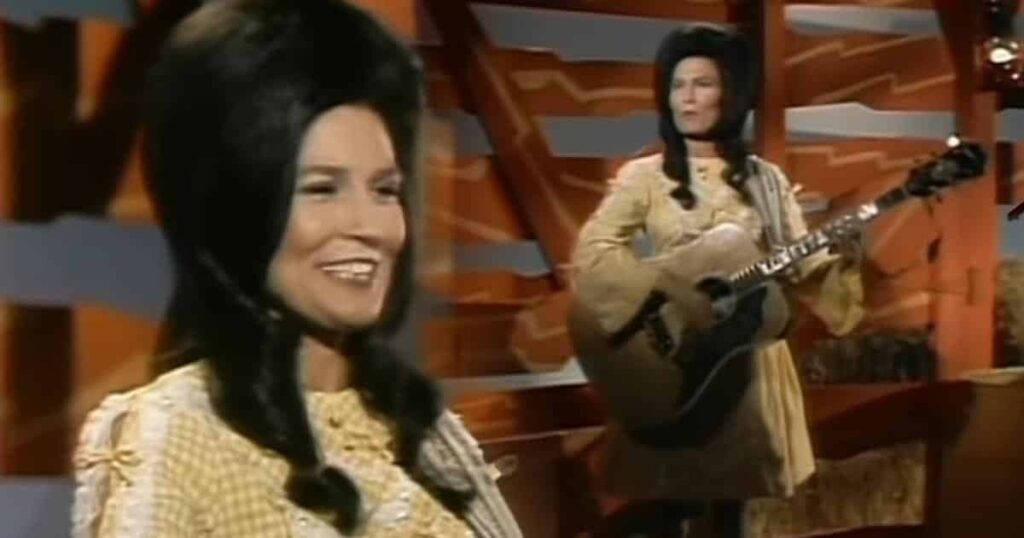
Loretta Lynn’s Boldest Warning: The Fiery Legacy of Fist City
When Loretta Lynn released “Fist City” in 1968, it was more than just another country single—it was a statement. The song quickly rose to No. 1 on the Billboard Hot Country Singles chart, becoming her second chart-topping hit and cementing her reputation as one of country music’s most unflinching voices. At a time when most female singers in Nashville were expected to play the role of the sweet, subdued homemaker, Lynn came charging through the speakers like a storm, warning rival women in no uncertain terms to stay away from her man—or else.
The story behind “Fist City” is as raw as the record itself. Loretta often spoke candidly about the song’s inspiration, admitting it was written out of real-life frustration with women who tried to cozy up to her husband, Oliver “Doolittle” Lynn. Instead of swallowing her jealousy or pretending everything was fine, Loretta turned her anger into art. The result was a tune that blended traditional country instrumentation with the spirit of a honky-tonk showdown. She wasn’t just singing about heartbreak or betrayal—she was singing about defiance.
But beyond its surface of fists and fury, “Fist City” carries a deeper meaning that resonated with women across America. It was about self-respect, about standing up for what was yours, and about refusing to play the victim in a world where women were too often told to keep quiet. Loretta gave a voice to countless wives and girlfriends who had felt the sting of infidelity or the threat of losing love, and she did it without apology. There was humor in her delivery, too—sharp as a slap, but with a wink that made the song as entertaining as it was empowering.
For older listeners who lived through the late 1960s, hearing Loretta Lynn’s voice declare, “You better move your feet if you don’t want to eat a meal that’s called Fist City” was nothing short of shocking. It was brash, unladylike by Nashville standards, and utterly irresistible. Radio programmers may have raised an eyebrow, but audiences embraced it wholeheartedly, sending Loretta on a streak of hits that would make her one of the most important female artists in country music history.
Looking back now, “Fist City” feels like a time capsule of country music’s rebellious streak. It stands alongside Loretta’s other groundbreaking songs—“Don’t Come Home A-Drinkin’ (With Lovin’ on Your Mind)” and “The Pill”—as proof of her willingness to say what others wouldn’t dare. More than five decades later, the song still sparks a smile, a laugh, and maybe even a little admiration for a woman who never let anyone walk over her.
In the end, Loretta Lynn’s “Fist City” isn’t just about jealousy—it’s about power. It’s the sound of a woman refusing to back down, set against the twang of guitars and the stomp of a rhythm that demanded attention. And for anyone who remembers hearing it the first time around, it was a reminder that country music could be just as tough, unvarnished, and unapologetic as life itself.